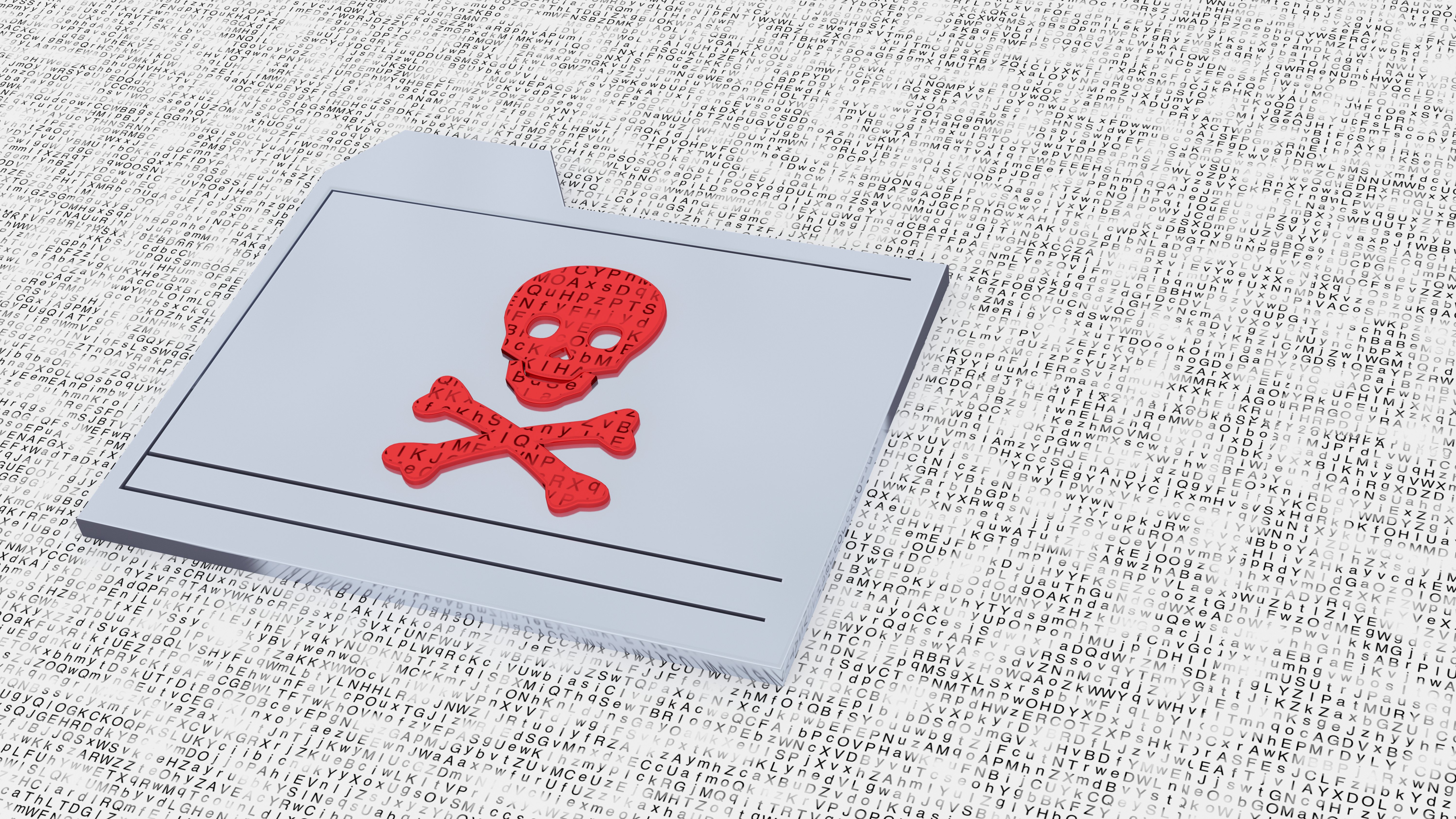Hitler Ransomware: How Low (and How Lame) Can They Go?
Hitler ransomware, targeting Windows computers, was recently discovered and presents two newer angles to ransomware: an offensive presentation and the ability to destroy files without using encryption (ransom scams).
Offensive, fear-based presentation
Part of ransomware’s power is the ability it has to instigate fear in the user. Namely, the fear of losing personally valuable files. Anything that can exacerbate that fear–such as an offensive image–will trigger an even stronger primal response to protect at all costs (literally). This is the reaction that malicious developers are seeking.
As noted in an article on Hitler ransomware by Bleeping Computer, one of the elements that gives this variant of ransomware its name is the lock screen with a picture of Adolf Hitler.
He is giving his militaristic salute followed by a message that files have been encrypted and then demanding payment in the form of a Vodafone card.
Using universally-offensive imagery of a historical figure creates an immediate negative reaction in the user. This fear-based reaction, compounded by the ransom demand, is more likely to trigger irrational responses that lead to higher payments.
Crash and delete instead of encryption
The second element of this ransomware is an action other than encryption of files.
Hitler ransomware developers were either too lazy or too inept to develop encryption capabilities, so they simply decided to crash infected computers and, upon reboot, delete files.
The command used with this ransomware (del *.* /s /q) unfortunately doesn’t put files into the Recycle Bin, but a positive note is that there are many utilities available for recovering deleted files.
Key takeaways
Here few things to learn from this offensive ransomware:
- Use good internet hygiene when it comes to opening attachments in email or browsing websites.
- If you or your business gets hit by ransomware, take a deep breath and don’t emotionally respond. Remember that fear is a tool that is used by ransomware authors.
- Not all files are permanently lost. In the case of Hitler ransomware, a file recovery tool may be able to help. Some ransomware has been cracked and there are utilities for decrypting files. Do some research or get an expert to help see if your data is recoverable.
Be safe out there!

